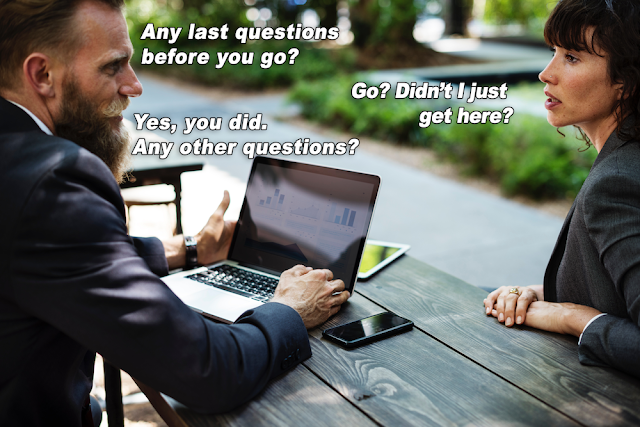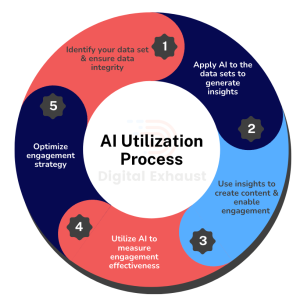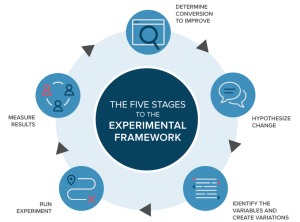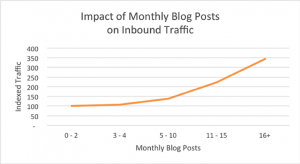— June 27, 2018

- You pick up the outfit you’re planning to wear from the dry cleaners.
- You cancel weekend plans so you can instead study up on your prospective employer, its website, and its competitive landscape.
- You rehearse winning answers and examples pertaining to your experience.
- You take the day off from work for the interview because, well, you’re a shoe-in.
But instead, it’s more of a shoo-out, and you find yourself back on the elevator down to the visitors parking garage in minutes. Disappointing, frustrating, demoralizing. Unfortunately, it happens more often than you may think. Or it will if you go on enough job interviews. What just happened? You barely had a chance to speak. Was it what you wore? Your tattoo? Your personality? Was it …you?
The answer is…all of the above. And then some.
Until that dystopian day when robots replace us all like in The Matrix, you will often get or lose that job based upon factors other than what’s on your resume. It may have been A.I. bots that flagged your resume but the hiring decision will be made by our fellow humans. And that decision was likely made before you made it through the door. Worse case scenario: racism, sexism, ageism, or another prejudice. For the overwhelming majority though, I’d say it was unconscious bias, but there’s not much you as the candidate can do to prevent that on a job interview.
But I’m an optimist who believes we can (often) avoid putting ourselves in this uncomfortable situation.
First career advice I’d recommend to avoid that 5 Minute Interview from occurring is to reread that job description – again. Don’t underestimate your abilities or be intimidated by titles, but realistically assess your experience. Often anxious candidates will read it and think “I can do that” when really they should be thinking “do I want to do that?” Yes, you’re awesome and hardworking, but if you owned the company would you choose someone eager over someone experienced? Perhaps. Just be honest with yourself. Often you just want the job because you feel you can get the job. This attitude will only have things ending up poorly. If you’re not sure it’s a fit, push for a quick phone interview on your lunch hour to be sure they want you, not someone whose resume contains all the right buzzwords.
I can’t tell you how many times I’ve had to dissuade the headhunter who has called me and convince them that I’m actually the wrong person for the job. I know my industry better than they do, and just because I’ve used a particular software, for example, doesn’t mean I’m the “expert” the client is seeking.
Secondly, don’t accept the interview before preparing a list of questions that are important to you. In fact, DON’T ANSWER THE PHONE! I know, you want to look responsive and professional, but you really need rethink it. If you’re not working, you’re likely to jump at anything. If you’re employed, you might have to commit to a series of interviews you’re unable to attend. Now’s the time to find out all those deal breakers that they neglected to post in LinkedIn Jobs. And I’m not talking about compensation, because that’s not going to prevent you from a 5-minute interview.
You need to ask about the interview process before you commit. Will there be more than one face-to-face? What happens after you interview with HR? Will it be a phone call? Will they agree to a Skype call in lieu of a face-to-face? Frankly, most companies don’t really consider your extenuating circumstances until you’re an employee. If you are out of personal days, can’t meet during the day, live close to them but currently work too far to make a lunch meeting, then you need to let them know. Again, push for a clarifying phone call.
Often hiring managers will comply to stay a bit late to meet you if they feel you are a good fit, though many companies will insist upon the face-to-face regardless.
The toughest part of interview preparation is not whether you can do the job, but whether you’ll fit the corporate culture. That’s because that’s the type of information not readily available. For instance, I know for a fact that I’ve won and lost jobs by what I chose to wear to the interview. That avant garde New York ad agency later told me my black turtleneck/long black cashmere overcoat combo made me a cinch for the job. The blue suit and red tie for the marketing job at the LA cannabis company – um, not so much. So dressing for the part plays a factor, but so does energy level, seriousness (or lack of it), demeanor, interaction, and a variety of other factors.
The best way to avoid a 5-minute interview is to get submitted for a position through a recruiter or in-house HR department whenever possible.
It’s their job to pre-qualify you and pitch the hiring manager on only viable candidates. If you make it past them, then you know you’re in the running. Unconscious bias can, of course, play a part, but it’s less likely since you’ve been vetted. Whether ultimately you are their choice or not, they will commit to a proper 30-60 minute interview.
But that blessing from a recruiter isn’t always possible. Often it’s hitting the job boards, attaching the resume, and sending it off. I’ve fallen prey to those 5-minute interviews I’m not proud to say. But when I think back upon it, I probably could have avoided them. If I dressed the part, inquired about the corporate culture, understood how my role was to fit into the current department, understood their interview process before I agreed to come in, and most importantly trusted my gut.
Business & Finance Articles on Business 2 Community
(89)






